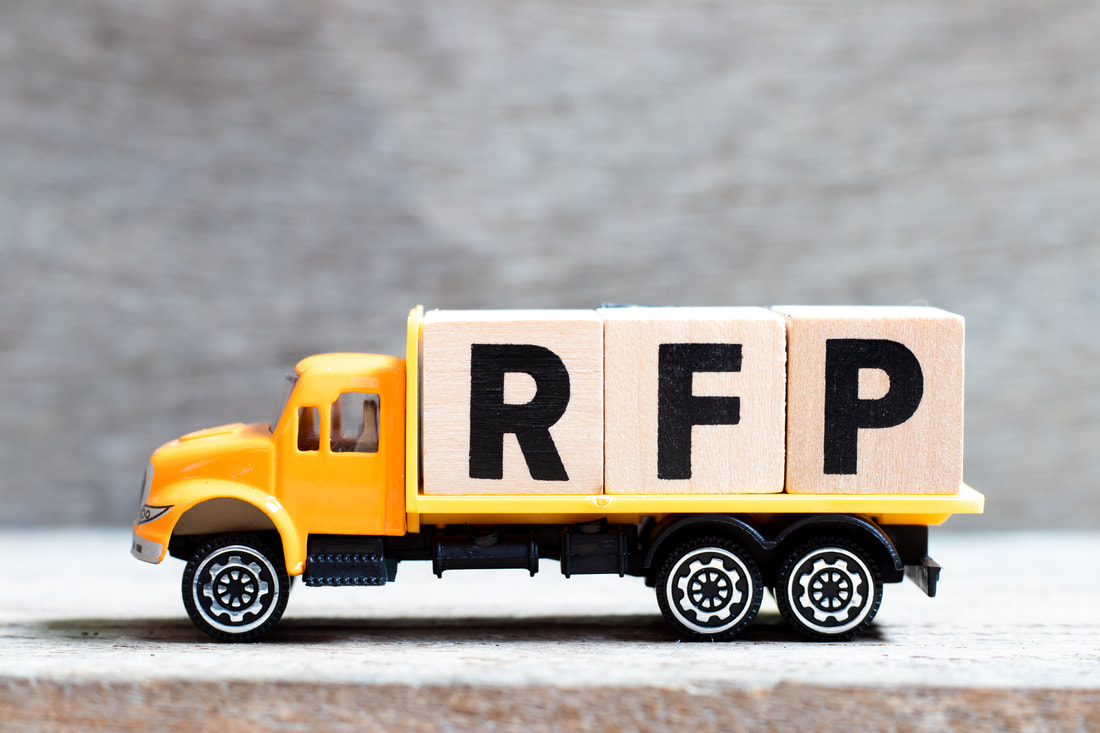|
Submitting a statement of qualifications (SOQ) for a project is table stakes. It is easy to believe what we write and present in an SOQ is what wins the project. It is not! The SOQ/proposal is the minimum entry requirement for the right to compete for the project. So where exactly does an SOQ/proposal fit into the sales process? How much weight does it really have in the final selection of a firm?
Here are the most important factors that determine a project win.
Notice that the three most important factors to winning a project have little to do with the SOQ/proposal. By the time the client is reading our submission, they should know who we are and trust us. The SOQ/proposal is the final step (besides a shortlist and interview) that should seal the deal. The data we provide in an SOQ/proposal should be justification for the client selection committee to select us. What an SOQ is NOT! An SOQ is not . . .
0 Comments
I've observed planning, strategy, proposal writing, promotions, and all things marketing at companies of every size. I've learned the following best practices remain consistent, no matter the size of the organization.
Communication, leadership, strategy, resources, metrics, and go/no-go are all essential gears in the AEC marketing engine. How these gears are sized may vary, but they all must be in place for your firm's long-term sustainable success. This post was adapted from "Best Practices - Working With Varied Firm Sizes in A/E/C Marketing," Marketer, December 2021, pages 42-43
Marketing is an art. Ok, and a science, but it is mostly an art. While the science of marketing is all about research and data, what you do with that information is what I consider art. If I just repeat data such as features, benefits, proofs that we are the best solution to a client’s problem, I believe it, but does the audience? “The very fact that you presented the proof makes it suspect,” according to marketing guru Seth Godin. Godin goes on to explain, “If a consumer figures something out or discovers it on her own, she’s a thousand times more likely to believe it than if it’s just something you claim.” So the big question is, how do you craft marketing messages to spark discovery rather than making braggadocios claims? I will answer through illustration. The best movies, best books, best experiences are those that tease. A tease is giving you bits of information without telling you everything. Think about your favorite teachers, favorite preachers, favorite authors. They all give you pieces, stories, colors, textures just enough to excite your interest and keep you engaged. Great marketing is the art of using just enough data, story, and experience to create interest without delivering the climactic punch line. Who wants to hear a joke when the punch line is delivered too early without any setup? Example
Here is a marketing message from a civil engineering website home page. “Our depth of resources includes a varied and well-cultivated network of professionals known for strong community relationships, an urgent approach to your needs, and the technical capacity to effectively navigate the increasingly complex set of development and planning issues across the country.” BOOM! A massive claim with lots of data that makes the audience go, “huh?” Here is the marketing message re-written with an artful tease. “Every development project is tricky! Development is a journey. Who will you choose as your guide? Discovery Allow your audience, the prospective client, to discover for themselves their best solution. Discovery is about giving them hints at the facts, stories instead of lectures, teases rather than full-frontal nudity! Think about this when you talk about your services, expertise, and what your firm has to offer. Tell stories that pique interest. Give hints at your successes. Give them just enough so they can discover it for themselves. |
AuthorGabe Lett, FSMPS, CPSM, LPC Archives
May 2024
Categories
All
The views and opinions expressed on this blog do not necessarily represent the views or opinions of Prairie Engineers.
|
||||||




 RSS Feed
RSS Feed